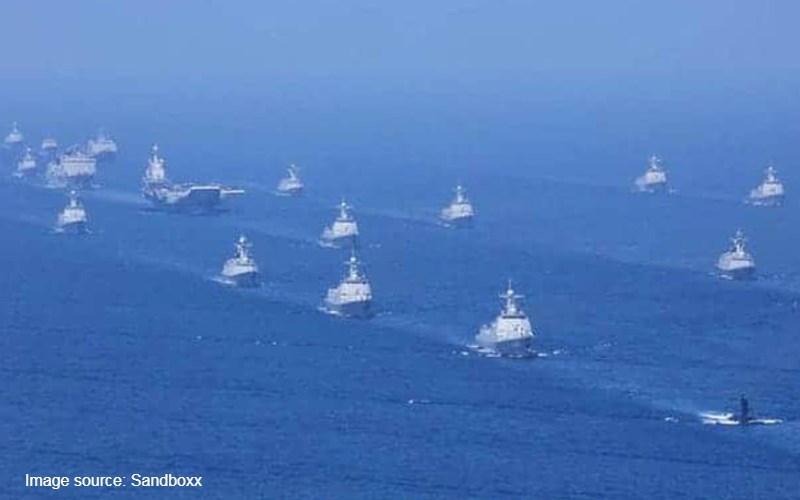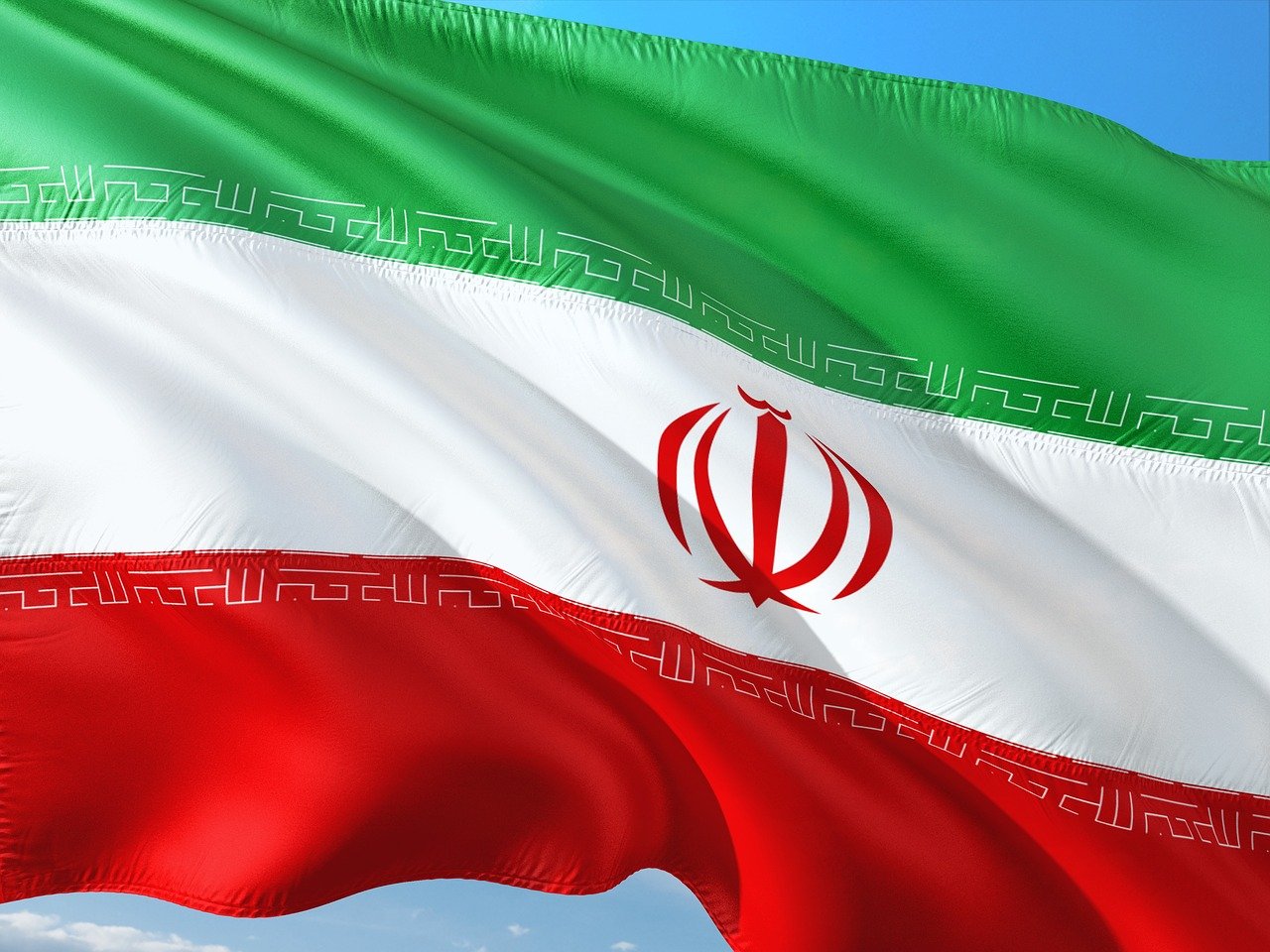With knowledge from years of studying the People's Republic of China, Col. Grant Newsham (USMC-Ret.) tells American Family News that China is assembling a network of ports and airfields around the world which are the military “infrastructure” that allows the People's Liberation Army (PLA) to operate globally.
Previously serving as the first Marine liaison officer to the Japan Ground Self-Defense Force in his career, Newsham is quite familiar with China’s ambitions.
 “For now, China claims these ports are just for commercial purposes, but that is a ruse,” he says. "Beijing always has a military use in mind when it comes to overseas ports, as seen in Djibiouti and Ream (Cambodia), where the Chinese insisted they had no military objectives.”
“For now, China claims these ports are just for commercial purposes, but that is a ruse,” he says. "Beijing always has a military use in mind when it comes to overseas ports, as seen in Djibiouti and Ream (Cambodia), where the Chinese insisted they had no military objectives.”
According to the retired Marine Corps officer, China hopes to fulfill both military and spying ambitions. He points out that PRC leaders have stated many times the PLA must be able to protect China's “overseas interests,” which includes spy facilities for electronic surveillance, ground stations for satellites and missile launches.
China's current military budget, which is $224 billion in U.S. dollars, is second in the world behind the United States.
At the same time China is hurriedly improving its military presence, Newsham echoes the warning from many that the U.S. is helping fund it with trade with China. U.S. imports from China totaled approximately $536 billion in 2022, and imports to China totaled $154 billion, which Newsham says is helping fund China's globalist expansion.

"Such is the suicidal nature of U.S. business dealings with China—providing the hard currency—and Wall Street's own addiction to the China market, [which pours] in hundreds of billions of dollars into the PRC," he warns.
More than attempting to match China's military strength, the retired Marine says the U.S. can wield economic and financial power to offer a democratic alternative to countries being wooed by the Chinese Communist Party.
As far as the Pentagon working to match China, Newsham says the U.S. was not prepared for China's huge investment in its navy, in building ports and airfields, and in improvements to spy operations.
China has famously put more ships in the water to date than the U.S., and its People's Liberation Navy is expected to grow its navy fleet by 400 ships by 2025 and 440 ships by 2030, according to military analysts.
 In March, China announced its annual military budget was jumping 7.2% in 2023. That marked the eight consecutive year of increases and almost doubled China's figure from 2013, according to an Associated Press story published seven months ago.
In March, China announced its annual military budget was jumping 7.2% in 2023. That marked the eight consecutive year of increases and almost doubled China's figure from 2013, according to an Associated Press story published seven months ago.
China is currently "running rings" around the U.S., Newsham says, as if the United States has forgotten how to conduct "political warfare" around the globe once the Cold War ended.
“So even if the U.S. came up with a plan for rebuilding the U.S. Navy and getting the U.S. Air Force up to speed as well, it won't necessarily do much to slow China's naval expansion,” he laments.







